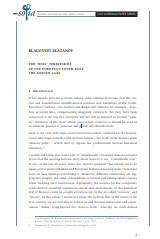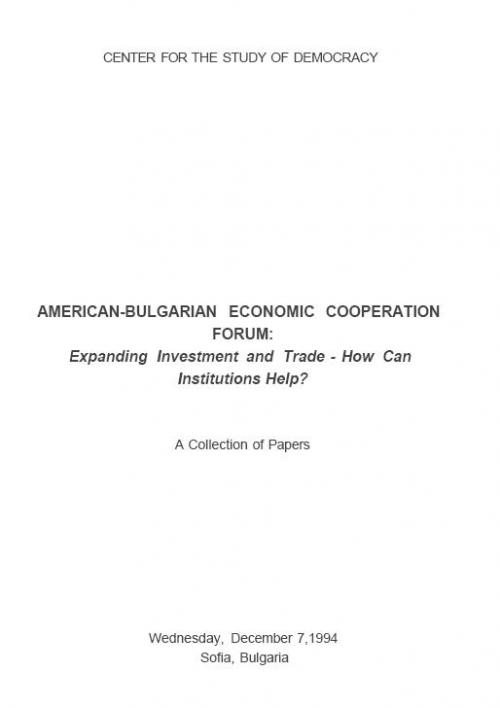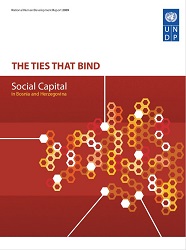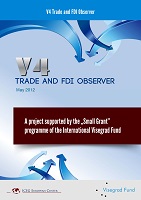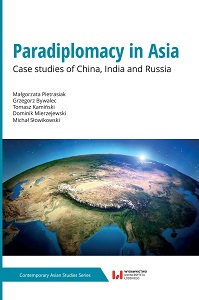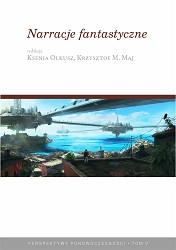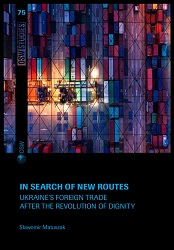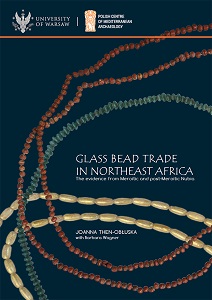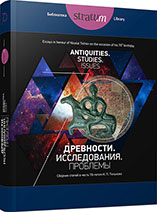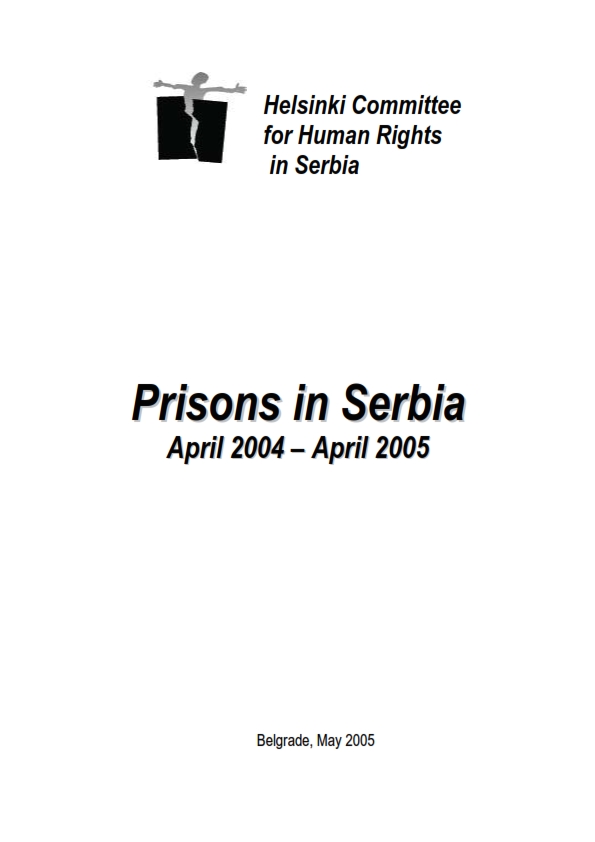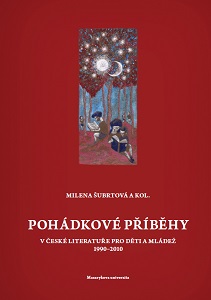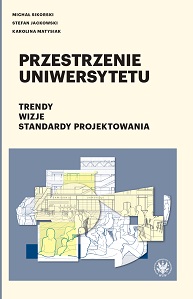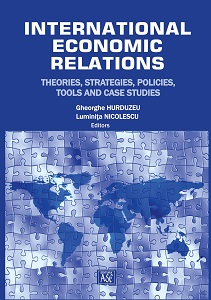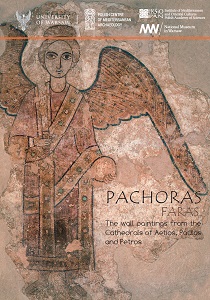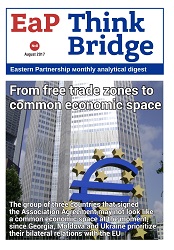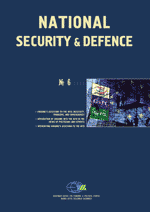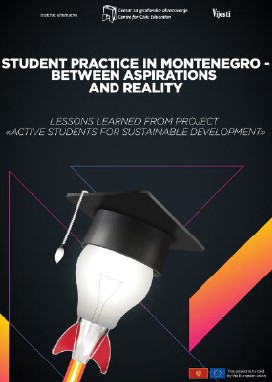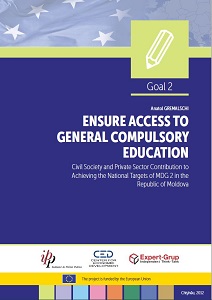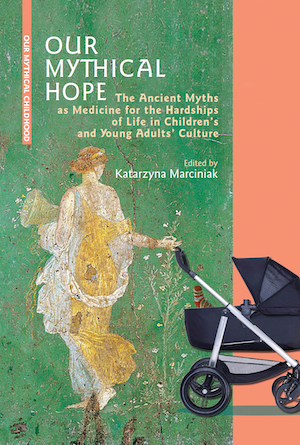“I Found Hope Again That Night…”
Author(s): Katarzyna Marciniak / Language(s): English
/ Publication Year: 0
Keywords: Beauty and the Beast; Eros and Psyche; Orpheus and Eurydice; TV series; New York; love; hope
The tale of "Beauty and the Beast", rooted in the ancient myth of Eros and Psyche, ranks among the most engaging stories of our culture, as the overwhelming success of its recent Disney version attests. It appeals to both young and old, because it deals with the timeless ideas of love, loyalty, courage, loss, and the search – beneath surface appearance – for authentic values worthy of the highest sacrifice. Among the myriad versions of the tale (Disney’s 1991 animation and 2017 movie being the most famous ones), a very particular retelling has been chosen as the subject for this chapter – the TV series "Beauty and the Beast" (1987–1990) created by Ron Koslow and his team. Deemed “too strange to succeed”, it was nonetheless broadcast globally and followed by more than 19 million viewers at its acme, and still enjoys hosts of devoted fans today. Set in New York, the global metropolis in the New World that has never severed its ties with the Old Continent and its ancient history, the series lifts contemporary civilization into the realm of myth. It universalizes the emotions of young and mature protagonists and acquaints the audience with classical culture – in the broadest meaning of the term – through numerous references to such authors as Virgil, Ovid, Shakespeare, Dickens, and Rilke, and to masterpieces of music by Schubert, Beethoven, Chopin, Schumann, and Vivaldi. The chapter offers an analysis of the ancient heritage present in the series, with a particular focus on the first season’s episode 8, “Song of Orpheus”, which deals with the most traumatic experience – the death of a loved one – and which shows how a seemingly devastating descent into the Underworld might turn into a quest for hope.
More...
